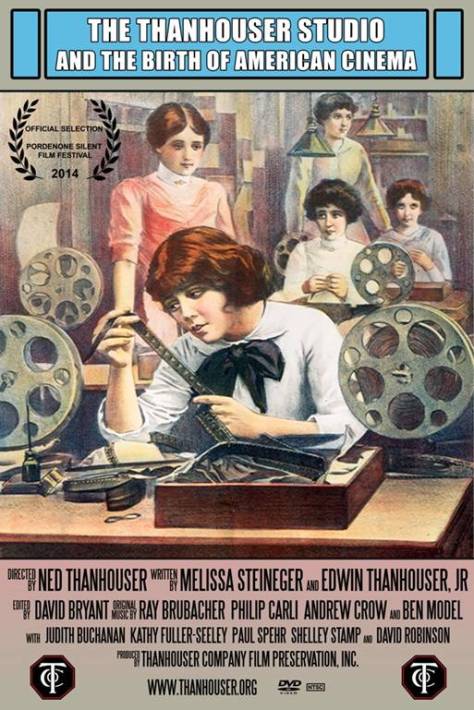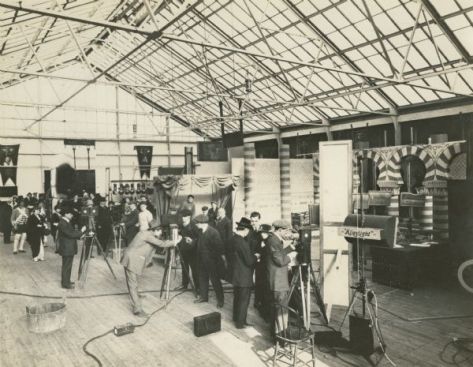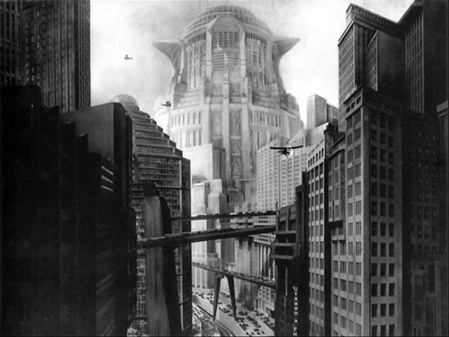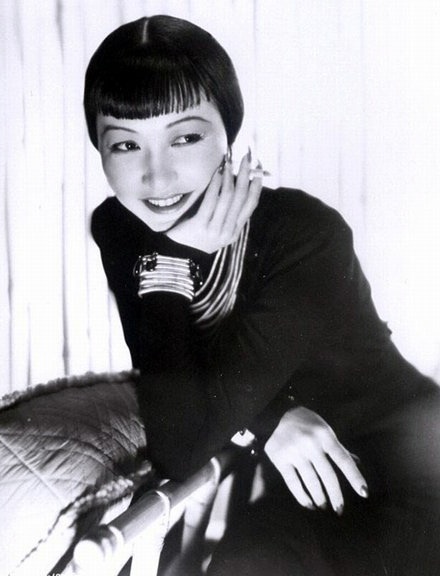When was the last time you enjoyed a moment of silence? Not a pause in conversation, a burst of concentration at your desk, or a moment of peace when your guests have gone, but a real, deep, out-in the-wilderness hour or two of pure aural emptiness?
You’ll rarely experience silence at the cinema – even the films this blog celebrates are mostly shown with music either live or recorded washing over them. But if you are very lucky, a trip to the cinema means a good hour and a half when you and your companions will hold your tongue, and instead of making noise, will enter a new sonic world, constructed on the screen.
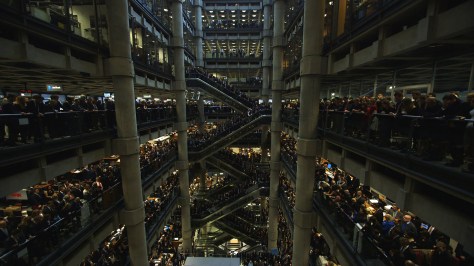
That’s what makes the reflective new documentary In Pursuit of Silence so powerful. In between experts discussing the value of escaping the distractions and hums of modern living, there are scenes of dialogue-free calm, from a rippling green field in Iowa to a Remembrance Day silence in the offices of Lloyd’s of London. These scenes are shot with fixed cameras, meaning there is no “visual noise” of pans or zooms to disturb the serenity, perfectly illustrating the meaning of quiet stillness. The peace is both beguiling and refreshing, offering space for the film’s argument to seep in: the idea that by seeking out silence, we will find greater intellectual capacity, better health, philosophical wisdom, a fuller awareness of our surroundings, even equality and an end to conflict.
Continue reading In Pursuit of Silence review: the case for peace and quiet

